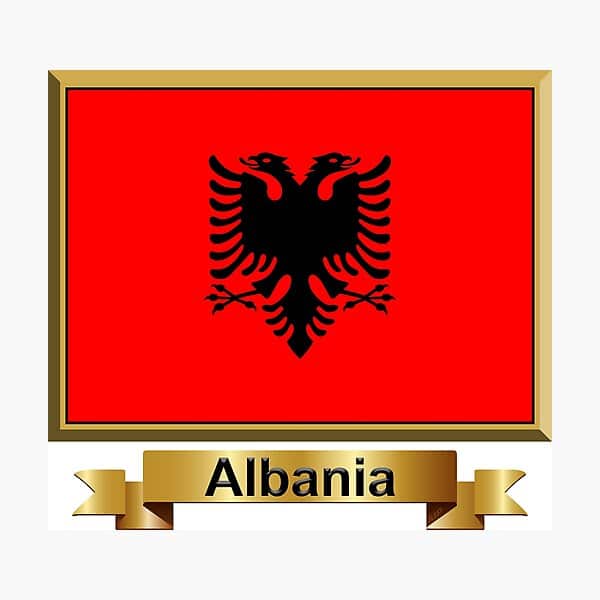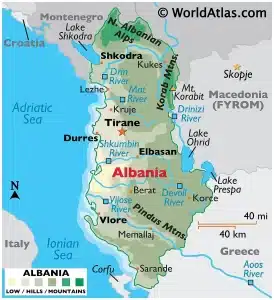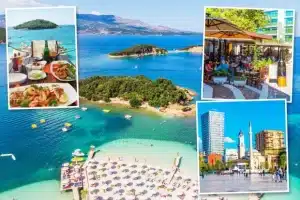Metro
Albanians Population, Official Language And More.

The Albanians emerged as a distinct people in the 11th century and formed their own principalities and kingdoms in the 12th to 14th centuries. The first independent Albanian state was founded by the Albanian Declaration of Independence in 1912, following a short occupation by the Kingdom of Serbia. Albania faced territorial disputes and foreign interventions from Italy and Nazi Germany in the 20th century. After World War II, Albania became a communist state that isolated itself from the rest of the world until the 1990s, when it transitioned to democracy.
Read about the history Here…

Albania

Albania
The population
According to the latest estimates, Albania has a population of about 2.8 million people, making it one of the smallest countries in Europe by population. The majority of the population is ethnic Albanian (about 99%), with some minorities such as Greeks, Macedonians, Montenegrins, Roma, and others. The population density is about 105 people per square kilometer, which is higher than the European average.
The official language
The official language of Albania is Albanian, which belongs to the Indo-European language family but has no close relatives. It has two main dialects: Gheg, spoken in the north, and Tosk, spoken in the south. Albanian is also spoken by some communities in neighboring countries such as Kosovo, North Macedonia, Montenegro, Greece, and Italy. Some other languages spoken in Albania include Greek, Macedonian, Romani, Serbian, Turkish, and Italian.
The culture
Albania has a rich and diverse culture that reflects its long and turbulent history. It is influenced by the ancient Illyrian civilization that inhabited the region, as well as by the various empires and states that ruled or interacted with Albania, such as Greece, Rome, Byzantium, Ottoman Turkey, Italy, and Yugoslavia. Albania has a strong tradition of folk music, dance, literature, art, cuisine, and hospitality. Some of the most famous cultural figures of Albania include Ismail Kadare, a Nobel Prize-nominated writer; Mother Teresa, a Nobel Peace Prize laureate; Enver Hoxha, a communist dictator; and Dua Lipa, a pop singer.
The economic stability
Albania is a developing country that faces many challenges in terms of economic stability. It has a market-based economy that relies mainly on services, agriculture, and tourism. It has a gross domestic product (GDP) of about $15 billion and a per capita income of about $5,200. It has a high level of unemployment (about 12%) and poverty (about 14%). It also suffers from corruption, informality, inequality, and environmental degradation. Albania is a candidate for joining the European Union (EU) and has made some progress in implementing reforms and improving governance.





